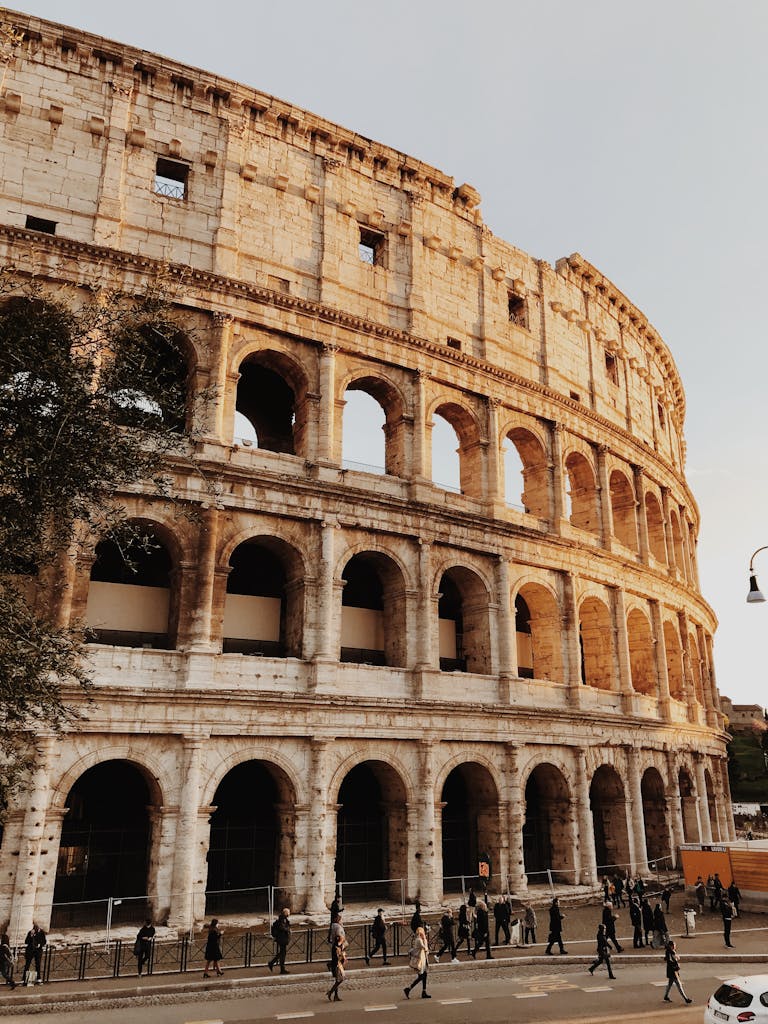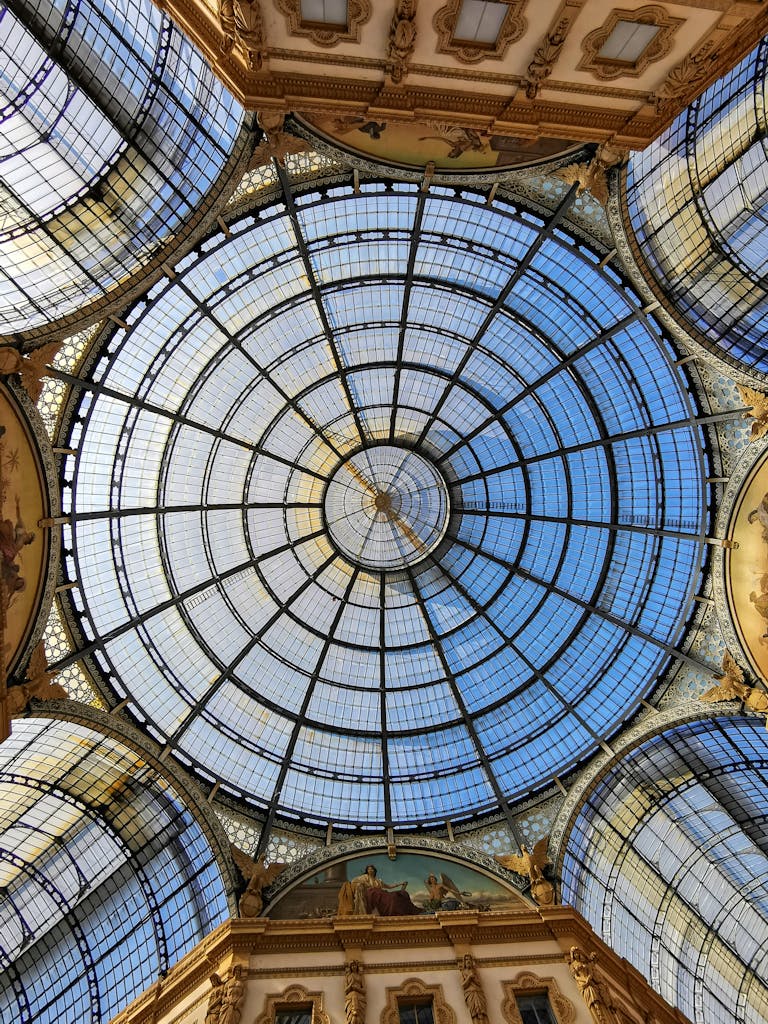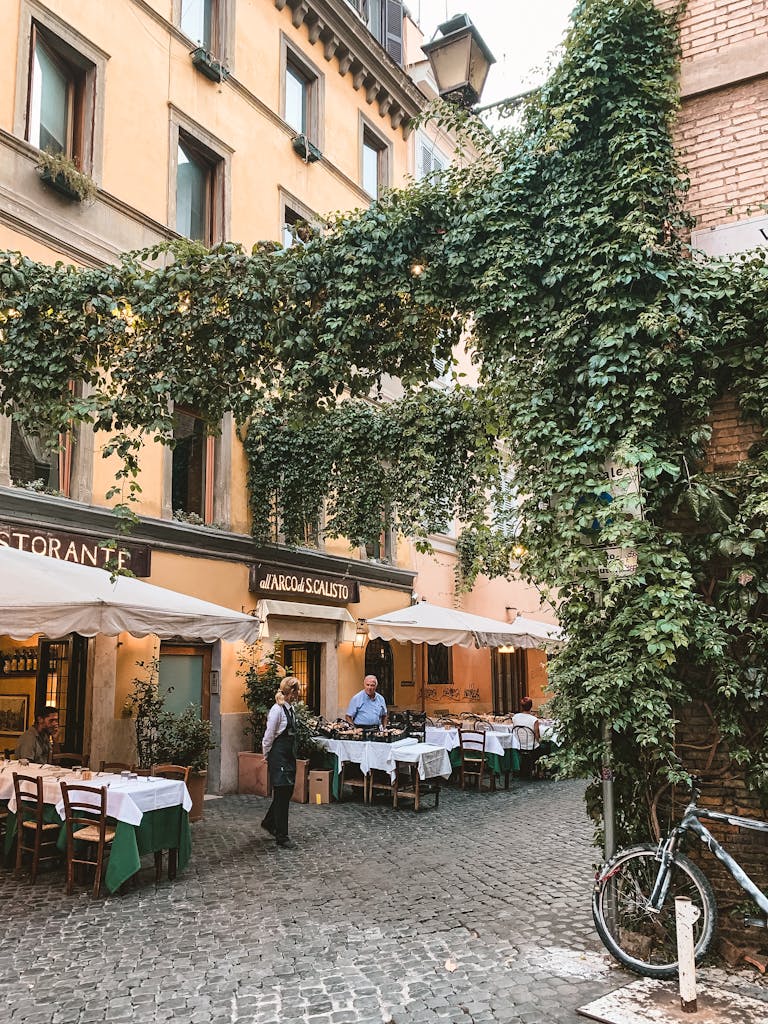Why should you learn Italian?
The Italian language is being spoken by approximately 80 million people around the globe. Outside of Italy it is the official language in minor countries like Vatican City, the Republic of San Marino, Switzerland and some parts of Croatia and Slovenia.
Despite this modest number (in comparison to languages with hundreds of millions of speakers), it consistently ranks high amongst the most-taught foreign languages.
Isn’t it remarkable that a language spoken by a relatively small number of people can have such a magnetic pull? Where does Italian drive its allure?
I would be very tempted to list all the good reasons I can think of for embracing this incredible language that is Italian. It’s a centerpiece of Western civilization with a rich literary tradition, from Dante to Calvino. Italian influenced opera and is globally admired for its cuisine, shaping traditions across the West.
It is also considered the language of art, given the impressive concentration of the world’s artistic and cultural legacy in the Bel Paese. In recent years, Italy has gained recognition and appreciation for its time-honored remedies addressing everyday health concerns.
But you likely already appreciate these. If you’ve immersed yourself in the beauty of Italian language and culture, lucky you!
However, I wonder: beyond these well-known reasons, is there any other compelling motivation to learn Italian?
What really makes the journey worthwhile?
One reason, in particular, adds a unique perspective – one that you might not have explored before. It’s the overwhelming appreciation for the beauty of the Italian language.
People are drawn to learning foreign languages for a variety of personal reasons. While many widely spoken languages are pursued out of sheer necessity in our increasingly interconnected world (after all, who can do without English these days?), there’s something truly magical about the journey of learning Italian.
Think about it: when you think of Italian, don’t you just want to immerse yourself in the allure of the language, become an integral part of its linguistic and cultural tapestry, and experience that profound sense of belonging to a culture associated with elegance, romance, and sophistication?
Isn’t your desire to learn Italian, to some extents, the desire to be associated with something beautiful? Have you experienced this? Have you not strolled along your cherished Italian destinations, secretly yearning for them to embrace you as one of their own? To make them yours, a place where you truly belong, and where you can visit whenever your heart desires?
Language plays a vital role in achieving this sense of belonging and in unlocking the true essence of its culture.
Italian is praised for its unparallel musicality and its profound contribution to artistic and literary expression. It’s no wonder that individuals are drawn to learn it, enticed by its aesthetic appeal, and its melodious sounds.
And here is the thing: many of the students I’ve encountered and have worked with decided to embark on this journey because they were fascinated with the idea they had of themselves conversing in Italian. They were, in a sense – in the space prior to learning the language – cultivating a very specific dream: that of achieving their own Italian self.
And let me share this with you: those who can vividly envision this dream, seeing it unfurl before their very eyes, that can literally visualize themselves as fluent Italian speakers, maintain higher levels of motivation and make faster progress than those who can’t project themselves into their future Italian personas. This is how I came to discover that a vivid visualization serves as a pivotal catalyst in the language journey and facilitates learning.
And this visualization process, for the Italian language, has much to do with the powerful concept of Italian beauty. Being transported to the enchanting streets of Rome, the picturesque canals of Venice, or the rolling hills of Tuscany… With Italian, it’s not merely about grasping the language, it’s about becoming a part of something exquisite, something that resonates deep within your soul. It’s about embracing the culture, indulging in freshly made dishes with authentic flavors that narrate the traditions of the region, sipping on rich, aromatic espresso, the “express way” (al banco / “at the counter”), exploring centuries-old art and architecture etc..

It’s a voyage of self-discovery, offering a chance to transform your identity.
Because, let me tell you this: when you embark on the journey of learning a new language, it’s like a whole new version of yourself comes to the surface.
Have you ever felt this transformation firsthand? Perhaps you’ve heard stories of people undergoing a change while learning a new language.
The reality is that those diving into a new language and culture aren’t simply swapping their original identity for a new one. Instead, they craft a hybrid identity, blending elements from both their native and target cultures.
In essence, they step into what Professor Claire Kramsch, a distinguished scholar in Applied Linguistics, refers to as the “third space” – that conceptual realm born when two languages and cultures intersect. It’s not the familiar territory of one’s native culture (the first space) or the new culture being learned (the second space); rather, it’s a space in between where fresh meanings, identities, and understandings take shape through negotiation and construction.
For English speakers immersing themselves in the beauty of Italian, inhabiting this “third space” is more than just learning words; it’s a captivating exploration of Italian’s aesthetic, poetic and culturally vibrant essence.
As I have been through this experience myself, I can tell you that living in this space is a remarkable experience, and I can’t express enough how exhilarating (albeit occasionally challenging!) it is to be granted this opportunity.
So, why learn Italian? The answer is simple: learn it to infuse beauty into your life, to immerse yourself in an inspiring dream, and to open the door to a space where you can embrace a somewhat different you.
I am excited to see you embark on this journey and I can’t wait to see your transformation!


